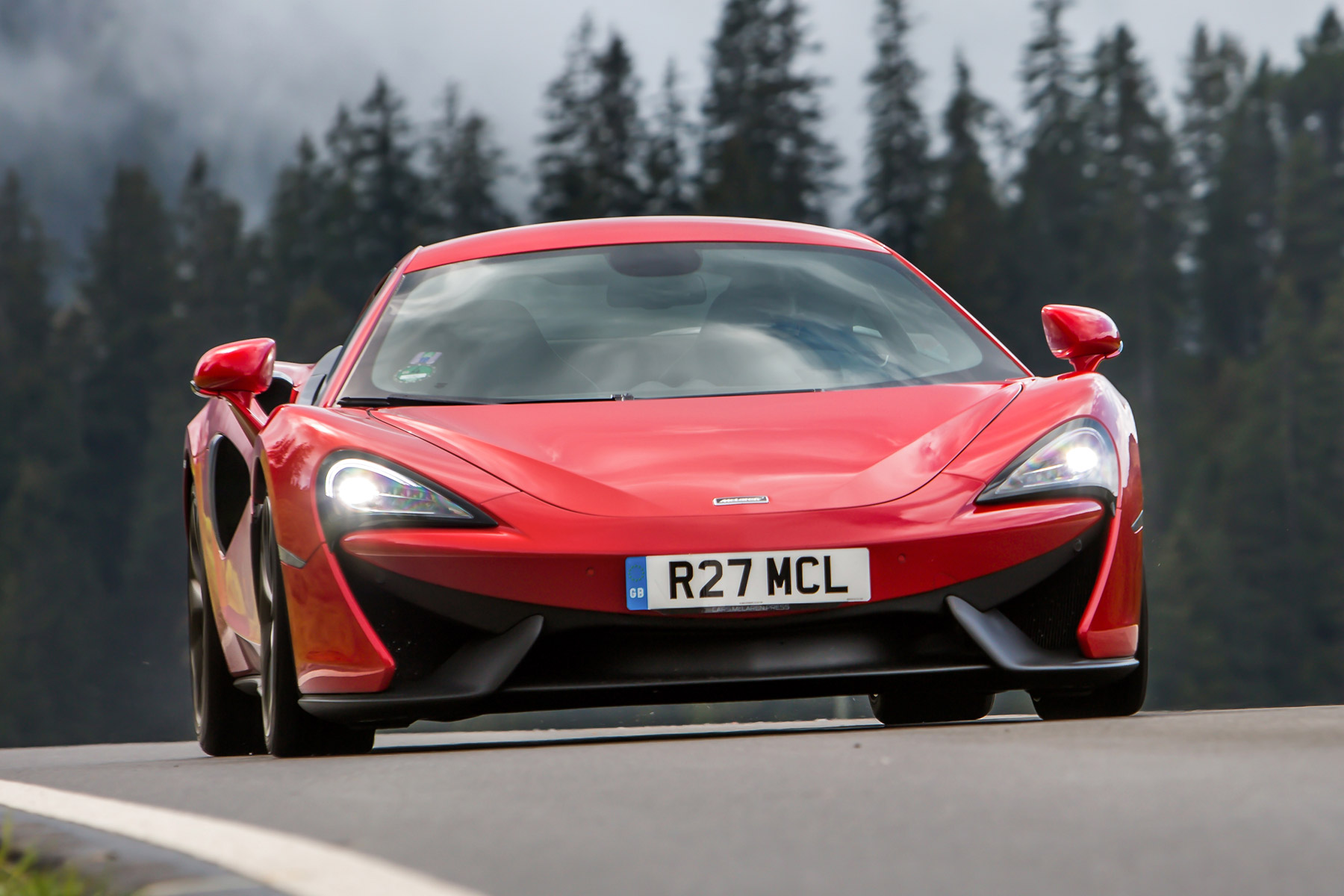
British supercar manufacturer McLaren has announced plans to work with BMW to develop its next generation of powertrains.
In a statement, McLaren said “the project will develop new combustion technology that will deliver a higher output per capacity than currently possible.”
- 2016 McLaren 570GT review: the people’s McLaren
- There isn’t going to be a new McLaren F1… is there?
- More car news on Motoring Research
The new engines will be more efficient, with lower CO2 emissions and improved fuel economy, despite higher headline power figures. The obvious way of doing this is to follow the hybrid route set by the P1.
McLaren has previously revealed that it plans to offer at least half of its cars with hybrid powertrains by 2022.
“This is an exciting project that plays to the strengths of all partners,” said McLaren CEO Mike Flewitt.
“McLaren Automotive has an exceptional reputation for building the world’s finest engines, as showcased by our M838T and its previous category wins in the International Engine of the Year awards.
“We will continue to independently design and build our own engines, and the benefits of this project will help us accelerate the development of our next generation of powertrains, as confirmed in our recently-announced Track22 business plan.”
The collaboration has been supported and part-funded by the UK government through the Advanced Propulsion Centre (APC). In total, the project will cost £28 million, with half of that coming from the APC.
Details of what exactly BMW and McLaren are planning are being kept quiet, but McLaren says it will improve the UK’s development and production capabilities of low-CO2 internal combustion engines.
The project, led by McLaren, will involve its existing engine manufacturing partner, Ricardo, as well as various suppliers including Lentus Composites and Grainger & Worrall.
The University of Bath will also be contributing to the research and development of the future powertrains.